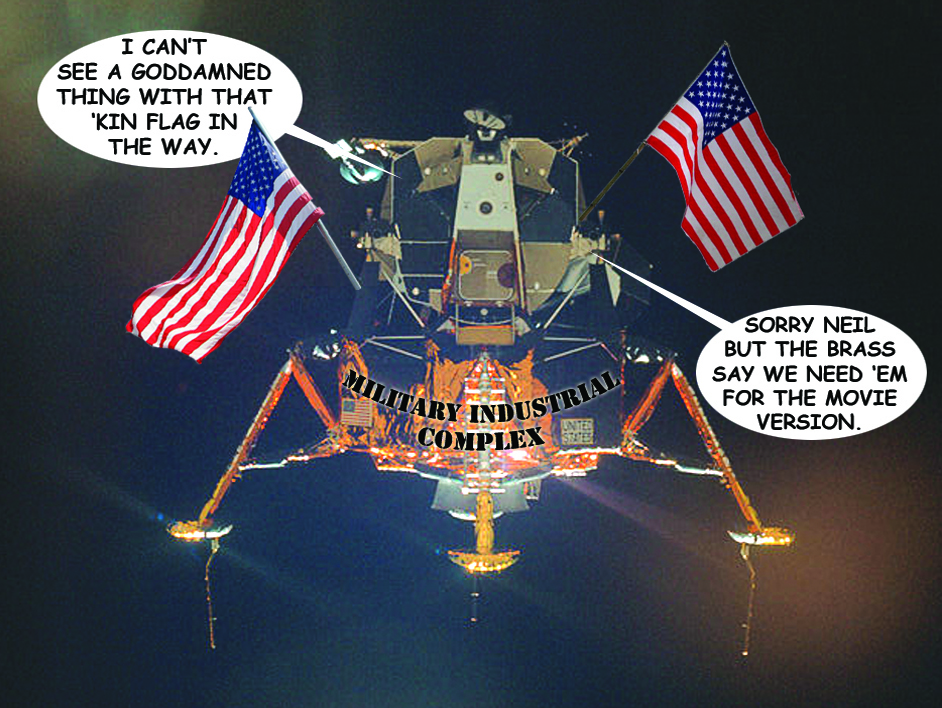Rear View
Class war
Next year is the 200th anniversary of the Peterloo Massacre, one of many brutal battles in capitalism’s ongoing class war, which saw a peaceful gathering of radicals in Manchester charged by a gentry militia and resulted in 15 deaths and 400-700 non-fatal injuries. Those attending had come to hear Henry Hunt, who advocated parliamentary reform and repeal of the Corn Laws, and carried banners calling for Parliaments Annual, Suffrage Universal, echoes of the French Revolution’s Liberty and Fraternity. There was, however, a general lack of political clarity, well illustrated when a band played God Save the King before the meeting started. The Times four days after the slaughter was both candid and clear: ‘The more attentively we have considered the relations subsisting between the upper and labouring classes throughout some of the manufacturing districts, the more painful and unfavourable is the construction which we are forced to put upon the events of last Monday…The two great divisions of society there, are the masters, who have reduced the rate of wages; and the workmen, who complain of their masters having done so. Turn the subject as we please, to this complexion it must come at last’. The anniversary is marked early with the release of Peterloo. ‘Mike Leigh’s period drama has immediacy and a sense of anger. It will ensure that the bloody events in St Peter’s Fields nearly 200 years ago are put back on the radar of politicians, historians and cultural commentators alike’ (theindependent.co.uk, 1 September). The film will be released next month, and if it registers with a less exclusive audience, reminding us that the class struggle, which throws up countless victims – from Peterloo to Marikana, Tolpuddle to Gdansk, and Kronstadt to Orgreave – has not gone away, it should be welcomed. The class war will not come to an end until the capitalists are defeated by the workers. That defeat will not require workers to use violence against the bosses – unless, of course, the capitalists have undemocratic ideas about making martyrs of themselves by defying the will of a conscious, socialist majority.
Star wars
The dailycaller.com (31 August) is one of many conservative websites lamenting loudly that a MOVIE ABOUT ONE OF THE MOST ICONIC MOMENTS IN AMERICAN HISTORY DOESN’T FEATURE AMERICAN FLAG. ‘The upcoming film about Neil Armstrong’s and Buzz Aldrin’s iconic moonwalk does not feature arguably the most important moment of the entire event. “First Man,” starring Canadian actor Ryan Gosling and directed by Damien Chazelle, does not feature a scene of the American flag being planted on the moon’s surface because Armstrong’s accomplishment “transcended countries and borders,” according to Gosling. “I think this was widely regarded, in the end, as a human achievement [and] that’s how we chose to view it” Gosling argued. “I also think Neil was extremely humble, as were many of these astronauts, and time and time again, he deferred the focus from himself to the 400,000 people who made the mission possible.” “He was reminding everyone that he was just the tip of the iceberg – and that’s not just to be humble, that’s also true.” Gosling continued to say that he doesn’t think “Neil viewed himself as an American hero. From my interviews with his family and people that knew him, it was quite the opposite. And we wanted the film to reflect Neil.”’ Hear hear! Worth remembering on the 50th anniversary of the Moon landing next year by those who are amazed and enthralled by the recent space-related discoveries or not is the fact that as long as capitalism remains on Earth, its rockets, its space stations, its whole space technology will be used as a means to solve the problems thrown up in the competitive struggle for markets by the major powers. That is, as the ultimate weapons of war.

Peace on Earth
‘The task of creating a coherent and free society is the mightiest to which man has summoned himself, and it is the task which now presses urgently upon us” (Professor G. D. Herron, Why I Am a Socialist, 1900).
‘What man has done, the little triumphs of his present state, and all this history we have told, form but the prelude to the things that man has yet to do’ (H. G. Wells, A Short History of the World, 1924).
‘You, the people, have the power to make this life free and beautiful—to make this life a wonderful adventure’ (Charlie Chaplin, The Great Dictator, 1940).

